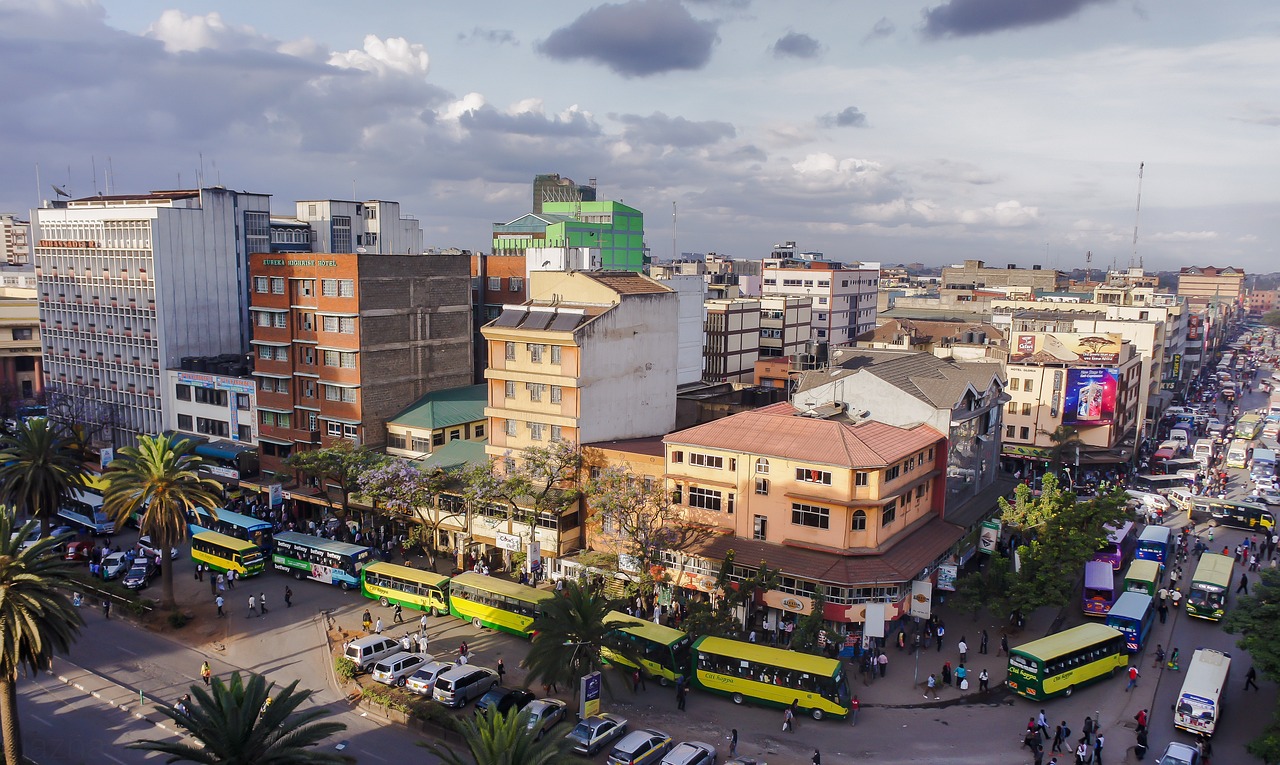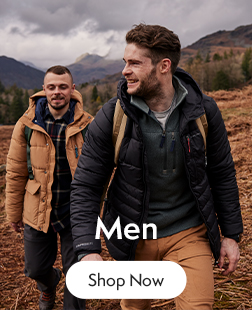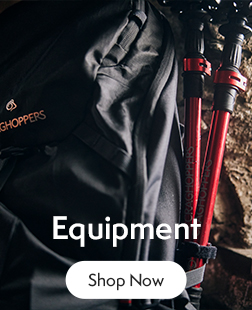We recently caught up with Sally Weston, a Research Fellow at the University of Bristol who was going on a research trip to Kenya to investigate the water supply systems in the area. Intermittent water supplies are common in parts of Africa, causing infection. Sally is drawing on her background in hydraulic engineering to find out why this is happening and what we can do to alleviate the problem.
Most people get their drinking water through underground pipes that provide safe drinking water 24/7. Yet in many parts of the Global South, these pipes only provide water for a limited amount of time.
Supply in severely rundown systems can be as little as a few hours each week. Globally, more than one billion people are served by these “intermittent water supply systems”. Operating drinking water supply systems this way causes the pipeline infrastructure to quickly deteriorate, creates an equitable supply for consumers, and threatens public health – 17 million cases of infection are annually attributed to intermittent water supply worldwide. However we know very little about where and when such effects occur and what the subsequent impacts for consumers are.
Understanding and reforming intermittent water supply systems my long-term career goal. I’m building upon my background in hydraulic engineering to interpret how intermittent water supply systems behave and what the potential impacts are for consumers as a driver for change. I have recently been awarded a five-year Engineering for Development Research Fellowship from the Royal Academy of Engineering to do just that! I’ll be visiting sites across Sub-Saharan Africa to measure how intermittent water systems perform and develop new tools that equip water utilities to make positive changes.
Fieldwork In Kenya
I have recently returned from Kenya where I was performing fieldwork in Machakos, a town south-east of Nairobi. Funded by the Royal Society of Tropical Medicine and Hygiene, my research is exploring when people receive their piped drinking water and how this effects their behaviour, health and well-being. Typically, those who have unpredictable and limited supplies need to store water, which can lead to contamination and feelings of anxiety and shame. I have been able to link, for the first time, different intermittent water schedules with consumer’s lived experiences. Long-term, these findings will help utilities understand how best to manage their networks and provide for local communities.
I was very lucky to also spend a day in Nairobi where I visited The African Fund for Endangered Wildlife Giraffe Centre – a sanctuary for critically endangered Rothschild giraffes. Hand feeding these friendly giants was definitely a highlight of the trip!
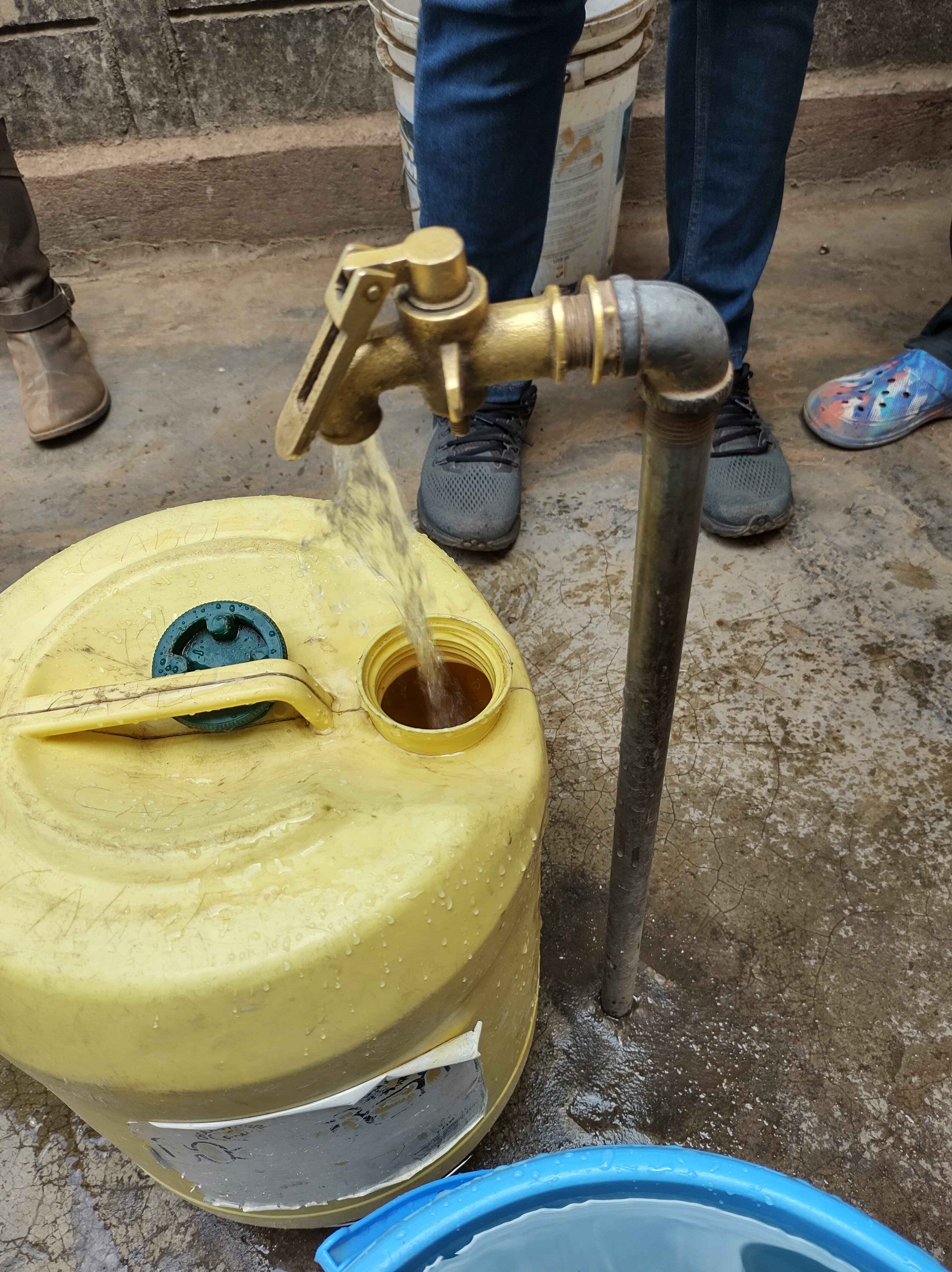
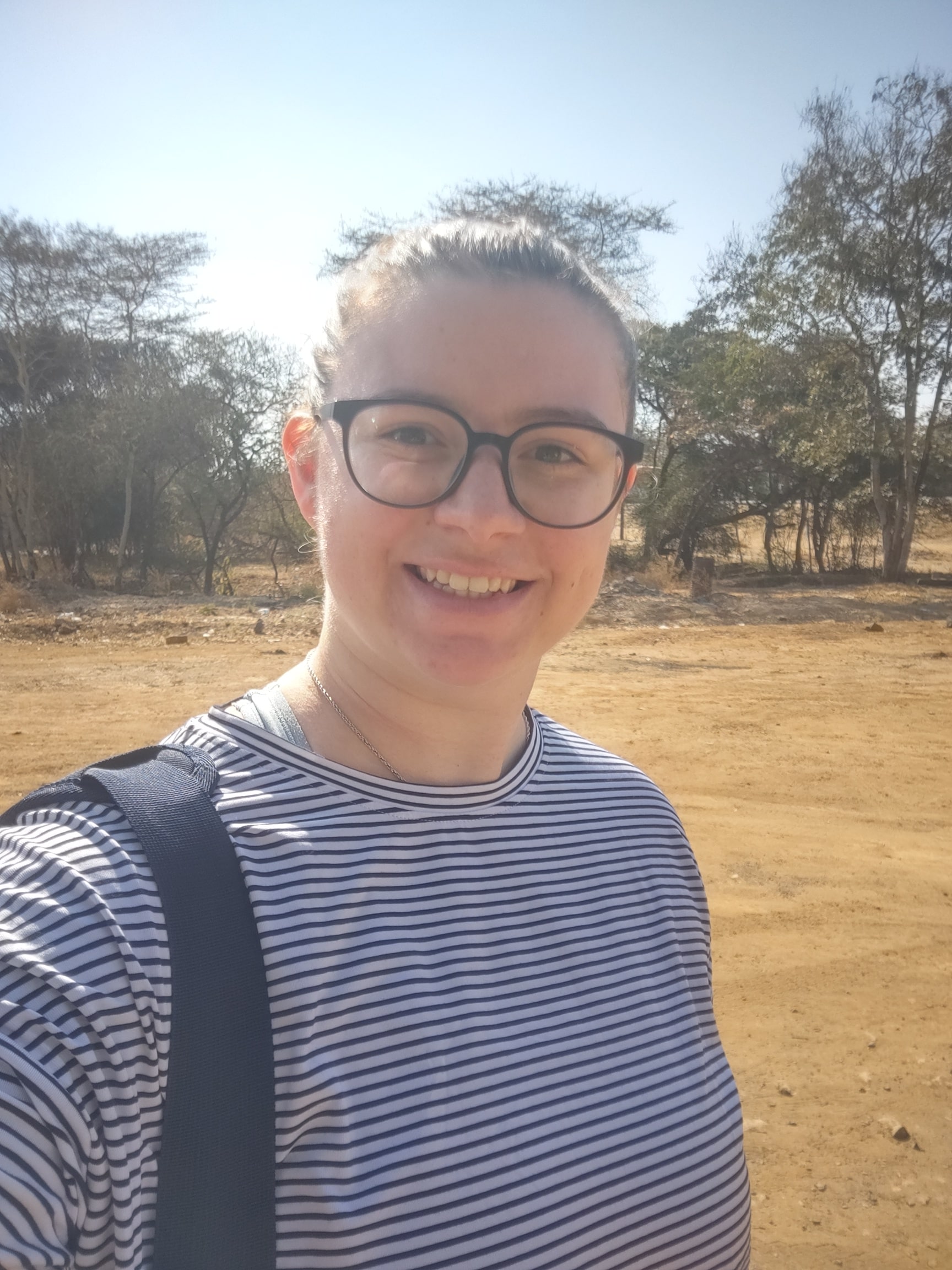
What’s in My Bag
Packing for a research trip like this is so important, especially when spending long days at the equator. Critical items (e.g. water, suncream, first aid kit) and research tools (e.g. sensors, notebook, information sheets) all fit perfectly in my Kiwi field bag. Compartments within the bag meant that items were organised and quick to access – this is vital when taking quick measurements. The NosiLife range protected me from mosquitos and the hot sun, enabling me to concentrate at the work at hand. The crawler guard insect cover on my Salado Hi NosiLife Waterproof walking boots meant that I could put the boots on each morning knowing there were no nasty surprises inside! These boots offered comfort and protection pounding the dusty ground of Machakos and they will definitely be the first things to be packed when I return to Africa next year!
